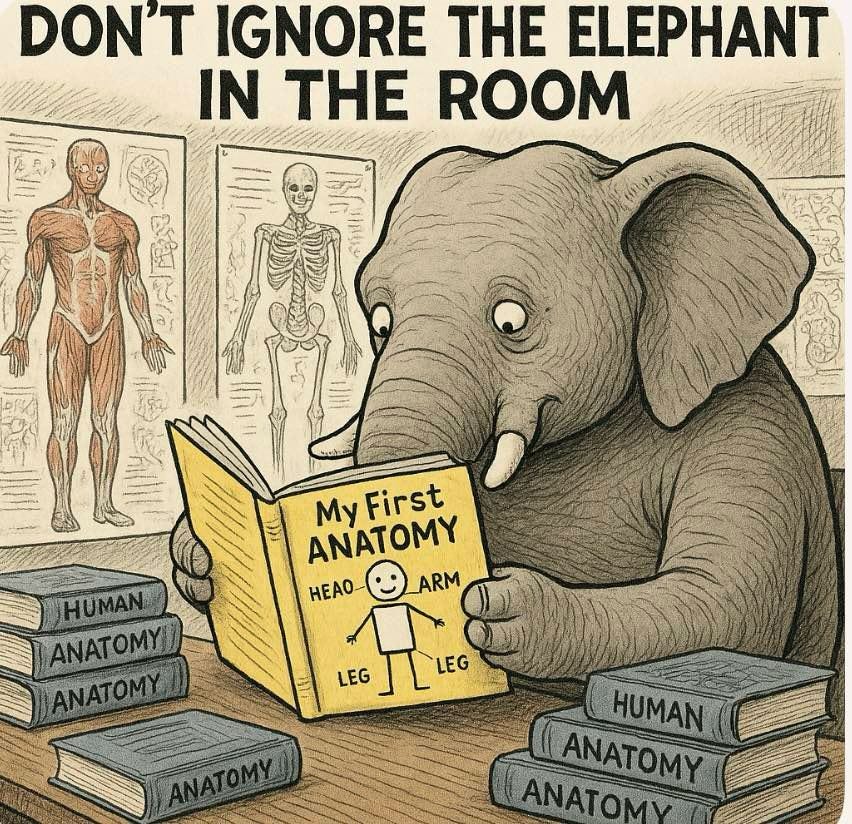How to Test Drive a Major
Many students choose a college and then choose a major; however, it may be more effective to do the opposite. Yes, college can be a place to grow, mature, make friendships, gain independence, and discover new things—but the main reason for attending college is to take classes that build a résumé and prepare for a career or to start a business. Therefore, what a student spends time studying should be something they can envision themselves doing for 40+ hours a week. It’s worth conducting a litmus test now to determine whether they truly enjoy their chosen major—and potentially, their future work.
My Personal Story
In high school, I had a 4.2 GPA, ranked in the top ten (not too impressive, as the graduating class was only 120), served as science club president, and received a near-full academic scholarship to a private university overlooking the ocean. The remainder of the tuition was covered by a variety of community scholarships and financial aid. I was set to become a doctor, but no one pointed out the elephant in the room: I was actually a C student in science and math but had done extra credit to earn higher grades, and AP classes had bumped my GPA. Looking back at test scores, the grades were consistently in the C range and a lot of the time I was cheating to pass. I didn’t understand math or science and was just going through the motions.
Rather than awarding scholarships without further discussion, I wish someone in my community or at my school would have handed me a copy of the MCAT or an Organic Chemistry book. That moment of realism could have helped me realize earlier that medicine was not the right path. In fact the only reason I wanted to be a doctor was to help people, I had lack of exposure, and the only way I thought I could help was to be a doctor. I was misguided.
Avoiding Elephants in the Room
Avoiding difficult conversations does not help students—it hurts them. For some reason, society often treats tough questions as a lack of support, belief, or faith in a student’s potential. In reality, the more questions a mentor asks, the more they may believe in the student and want to help them test their goals to increase the chances of success. Since people can only aspire to what they know exists, mentors should also focus on the "why" behind a student’s goal—to ensure it is not misdirected.
Ways Students Can Litmus Test Majors This Summer
Spend time with the textbooks. Sit in a college bookstore for 8 hours with the core textbooks for the intended major. Is it material the student would willingly read for fun? Would they be excited to take classes, take notes, and spend four years immersed in it?
Listen to experts. Cue up podcasts, TED Talks, and YouTube videos by PhDs and professors in the field. Students can listen during a road trip, while cleaning, or while exercising throughout the week.
Audit a class online. Platforms like Coursera offer the ability to audit courses for free. Students can explore a course in their intended field to see if the content sparks interest or feels like a chore.
Read a scholarly journal. Search for a scholarly journal related to the intended major and read a full issue from the past year. In many academic and professional fields, reading and analyzing research articles will be a significant part of the work, so it's helpful to find out now whether that type of reading is engaging or exhausting.







Great tips! I am going to share some of these with my students!